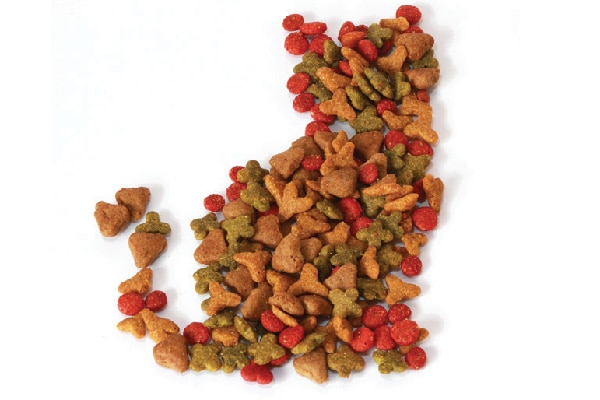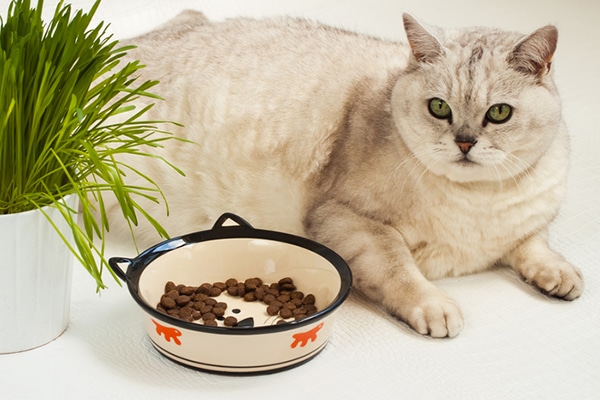Helping cats lose weight — and keep it off — is challenging. Most pet parents humanize their companions, which also means they mistakenly equate food with love. Don’t replace playtime and quality bonding with food and excess treats, says Ernie Ward, DVM, founder of the Association for Pet Obesity Prevention. Both overfeeding and excess treating are huge contributing factors to the problem of overweight and obese pets, but there are other reasons why owners struggle to help their cats lose pounds.

Feline weight-loss fails


Possible Causes Why Cats Have Trouble Losing Weight
1. Not accounting for all calories fed each day
If you’re closely sticking to a weight-loss regimen but not counting the myriad treats you feed your cat each day, you’re defeating the purpose.
2. Not curbing free feeding
Free-choice feeding is OK for cats who can maintain their weight, says Francis A. Kallfelz, DVM, PhD, DACVN, James Law emeritus professor of medicine at Cornell University College of Veterinary Medicine. For cats who can’t, or who like to snack, free feeding can rack up extra pounds.
3. Not following appropriate measurement recommendations
Follow the instructions. Know what an appropriate amount of calories looks like in your cat’s bowl. Just don’t guess or, worse, feed a little extra out of guilt or misguided affection.
4. Not considering age
Don’t feed an adult cat like a growing kitten. From age 6 months to maturity, most cats do well when fed two times a day, says Dr. Kallfelz. At about 1 year of age, feeding once or twice a day is appropriate in most cases. As long as senior cats (age 7 and older) are healthy and have no disease issues, once-a-day feeding is fine, he adds.
5. Not accounting for health issues
Cats with diabetes may need to be fed whenever given insulin, depending on the type, and hypothyroid cats may want to eat constantly, explains Dr. Kallfelz. Consult with your cat’s veterinarian, treat the disease, and then feed your cat normally, he says.
Read more about cat health and care:
- How to Treat Cat Bites and Cat Bite Infections
- The Differences Between Male and Female Cats
- Cat Wheezing: What Is It, Why Does It Happen and Should You See a Vet?
Thumbnail: Photography ©Svetlanais | Thinkstock.





